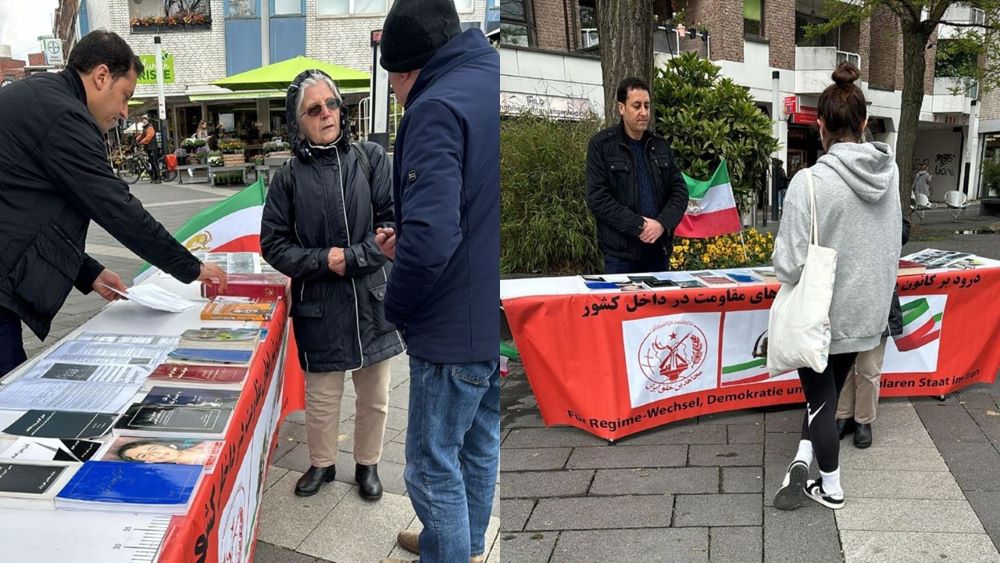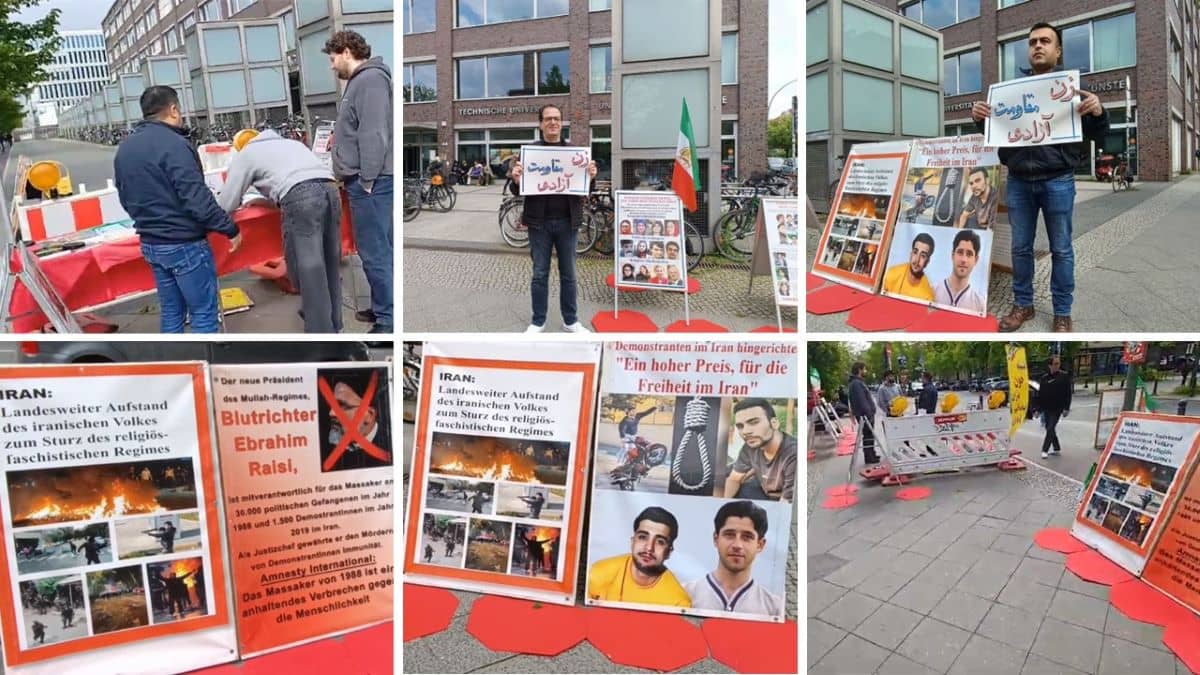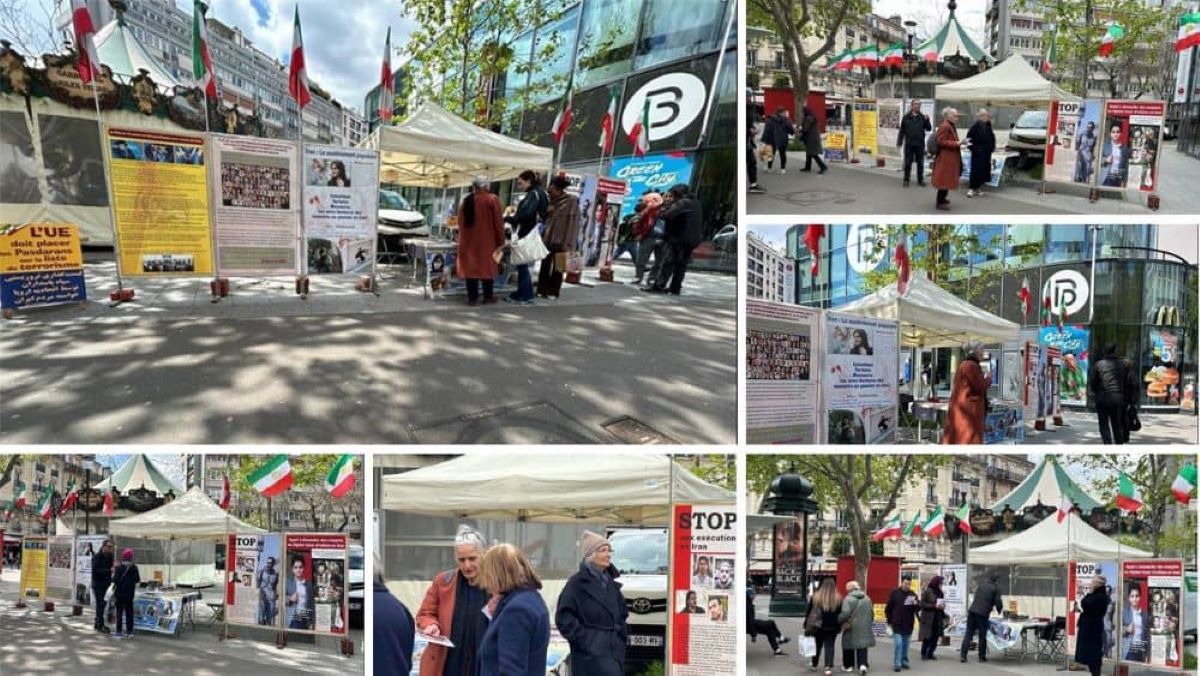Quds Force role in suppressing of the Iraqi people
Since the mullahs’ regime hijacked Iran’s anti-monarchic revolution in 1979, it has been exporting terrorism, fundamentalism and chaos under the pretext of “export of the revolution.”
The regime’s goal was forming a Shiite caliphate and crescent so the first target for the Ayatollahs was Iraq. Iraq shares the longest land border with Iran and has a majority population of Shiite Muslims. When, Ruhollah Khomeini, the regime’s founder, came to power, he called on the Iraqi army to conduct a coup-d’état to topple their government. This, along with other provocative actions by Khomeini, triggered the Iran-Iraq war. Despite a peace plan proposed by the National Council of Resistance of Iran (NCRI) and the willingness of the Iraqi government to stop the devastating war, Iran’s regime insisted on pursuing this war. Its continuation of the war was not an act of self-defense. Khomeini’s slogan that “We will conquer Jerusalem through Karbala” demonstrated his intention of prolonging this war and achieving his long sought goal of forming a caliphate. The result of this war was millions of casualties on both sides. After Khomeini’s death, his successors continued the strategy of warmongering and exporting terrorism. The Islamic Revolutionary Guard Corps’ external wing, the IRGC Quds Force, started to form and train Shiite militia groups. The Gulf wars and fall of Saddam were miracles to the Iranian regime. It used these opportunities and via its proxy groups in Iraq gradually occupied this country and put its agents in key positions of the Iraqi government. In 2004, the NCRI revealed lists, names and accounts of over 32,000 paid agents of the mullahs’ regime in Iraq. The Iran-backed government of Nuri-Al-Maliki, imposed a medical siege, at the behest of the Iranian regime, on the main Iranian opposition group, the People’s Mojahedin Organization of Iran (PMOI, Mujahedin-e Khalq or MEK), and attacked them at their base Camp Ashraf, near the border with Iran. As a result, more than 140 MEK members were either murdered or died due to the inhumane medical siege.
Since the beginning of a popular uprising in Iraq on October 1, the world witnessed the frustration and anger of the Iraqi people towards the Iranian regime’s meddling in Iraq and its puppet government. The videos showed the Iranian regime’s agents and its Popular Mobilization Forces (PMF) killing innocent civilians in cold blood.
The Iranian regime tried, through its propaganda machine, to shift the blame on other parties. The NCRI, based on the intelligence the MEK gathered via its sources from inside the Iranian regime, revealed the active role of the regime and its Quds Force in suppressing the Iraqi people.
1) Rouhani’s remarks acknowledged mullahs’ terrorist regime meddling in #Iraq & the fact that #IRGC is dispatching forces 2 this country under the pretext of providing security & protection 4 a so-called religious ceremony#Iran@DebbieAAldrich @KennyFarqhttps://t.co/QeTfO1uiu2 pic.twitter.com/UTb6gxc8ST
— Dowlat Nowrouzi (@DowlatNowrouzi) October 11, 2019
Below is an excerpt of the NCRI factsheet.
National Council of Resistance of Iran – October 9, 2019
For the past week, Iraq has been burning in the flames of the protests of a disgruntled population over the poor state of people’s livelihoods. A key slogan in the nationwide popular uprising since October 1 has been the call to expel Iran’s regime and its agents from Iraq and end the mullahs’ meddling in the affairs of this country.
As the uprising continues and the country’s youth stand their ground over their legitimate grievances, suppression has taken more brutal and deadly proportions. According to media reports, the death toll is mostly due to direct shots at protestors, particularly sniper fire by the Hashd Al-Shaabi (Popular Mobilization Forces) militia, which is under the Iranian regime’s control. Reuters reported on October 4 that its reporters witnessed snipers targeting demonstrators
According to specific information obtained by the MEK from within the Iranian regime, the regime’s embassy and consulates in Baghdad, Basra, Karbala and Najaf are under the control of the IRGC and its Quds Force. Large numbers of IRGC commanders are stationed in these centers, and from there they control the departments and groups affiliated to the regime, including Hashd Al-Shaabi.
EMBASSY IN BAGHDAD
The Ambassador – Brigadier General Iraj Masjedi leads the IRGC commanders in Iraq. For years, he has been one of the chief lieutenants of Quds Force commander Qassem Soleimani, and he has led numerous terrorist operations.
The Deputy Ambassador – Masjedi’s second-in-command and the diplomatic deputy is another IRGC Brigadier General by the name of Seyyed Mousa Alizadeh Tabatabai.
CONSULATE IN KARBALA
Numerous Quds Force officers are based at the consulate in Karbala. The top Quds Force commander at the consulate is IRGC officer Omid Azadi. He has strong influence over Hashd Al-Shaabi and other Iraqi terrorist groups affiliated to the IRGC.
The MOIS station chief at the consulate is an agent called Izadbakhsh.
CONSULATE IN BASRA
The head of the regime’s consulate in Basra is IRGC Brigadier General Ahmad Sepahpush, he was previously commander of IRGC forces in Shadegan, situated in Khuzestan, and he also commanded the IRGC’s Fajr Garrison in Ahvaz.
CONSULATE IN NAJAF
IRGC Brigadier General Kazem Mirzai is based at the regime’s consulate in Najaf.
The NCRI’s report once again shows the devastating role of the Iranian regime in the region. Therefore, it is crucial that the international community firmly confront the regime’s threat and evict its forces from the Middle East, to restore peace and security to this region.

